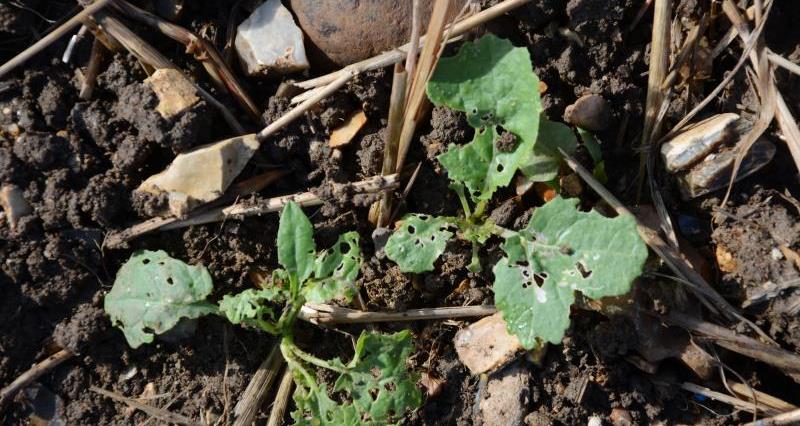Work is also needed to establish whether or not the ban on neonicotinoid use is providing any benefits to pollinator populations. The call follows the publication of a research paper, launched earlier this week at Copa-Cogeca (the European farmers’ and agri-cooperatives association) which looked into the impact of the ban on farming, the supply chain and the environment.
The study shows the ban has resulted in a 912,000 ton drop in oilseed rape production across the EU. This production has been exported out of the EU to elsewhere in the world, with damaging consequences for the competitiveness of EU farmers. And with this drop in tonnage goes the source of food for bees, early in the foraging year, provided by this important crop.
The Copa-Cogeca meeting was chaired by NFU Vice President Guy Smith, who gave the farmer's perspective of the issues resulting from the ban.
He argued that the ban prevents farmers from competing on a level playing field with their international peers, with increased costs and time to grow crops.
Mr Smith said: “There is clear emerging evidence that farmers both in Britain and in the EU are finding it more difficult to grow profitable crops of oilseeds because of increasing insect damage to crops. This in effect is increasing the amount of oilseed and protein crop imports from other parts of the world such as the Americas, the Ukraine and Australia where neonicotonoids banned in the UK and the EU remain widely used. This gives farmers elsewhere in the world competitive advantage over home producers.
“We call on the commission to behave responsibly as regulators so they properly understand the impact of banning key crop protection materials. We also need evidence of what impact this ban has had on pollinators. Farmers are the first to want to understand what actual impacts their practices have on pollinators. At the moment the evidence base is woefully lacking.
“Finally we should remember if farmers continue to walk away from growing pollen rich crops such as oilseed rape then one of the victims will be bees who enjoy an early springfeed in farmed fields of gold.”
